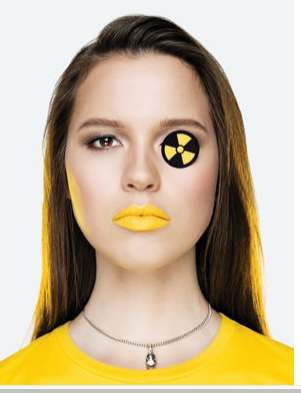Psychopathy
Toxicity as a Stealth Teacher
You can control your own mind—the very thing dangerous people seek to manipulate
Posted June 22, 2017

A toxic person can feel like an impossible problem to solve or to flee. Such people seemingly hijack your emotional software, compelling your mind to run a bully or narcissist or psychopath antivirus program when they’re around—or even in their absence. They become so salient that victims can feel an imperative to do more with the experience than simply escape it.
No matter how badly a person behaves, there is still an opportunity to extract useful, even vital, information from the encounter, when the message is decoupled from the messenger.
If you engage with a toxic person despite warning signs or outright abuse, you might want to ask yourself why you’re making that choice. If an individual deliberately incites in you such archaic emotions as jealousy and shame, perhaps examine not just the relationship, but also (gently) your own self-image. If they seek to control you, school yourself in their mind games. We document some classic gambits in this month's cover story “Poison People." This will both deflect toxicity now and protect you in the future. Understanding concepts like “gaslighting” and “love bombing” allows you to operate not with a hunch that something is deeply off, but with the knowledge that someone is using identifiable tactics to mess with you.
One thing you want to avoid is the urge to complain about these folks, because toxicity can be contagious. While sharing is a wonderful way of overcoming many veins of emotional adversity, as we document in "The Vlogging Cure," this is one realm in which oversharing can be problematic. The unfortunate fact is that if you talk too much about your encounters with toxic individuals, people may start to attribute some of their odious qualities to you, however unconsciously. But the need to talk can be therapeutic and even cathartic—this is where a mental health professional comes in.
Nothing absolves bad actors, but shifting your focus from reactive to proactive and intentional allows you to master your own mind, which is all that you can ever control—and the very thing dangerous people seek to manipulate.
Isaac Lidsky (“One Question”) learned to do this with his own formidable foe: blindness. It turned out that losing his sight was not his fundamental problem. The true impediment was the terror he felt as blindness bore down on him in his twenties. Indeed, Lidsky has said that going blind is much harder than being blind. Sometimes you have to travel through hell to realize that in fact you had the strength to handle it all along.
I hope you'll enjoy the recently published stories referenced above, and consider obtaining the June 2017 print edition, now on stands, from which this note is adapted. ~KP


